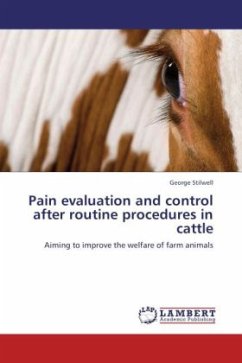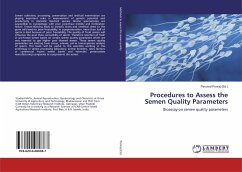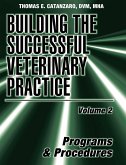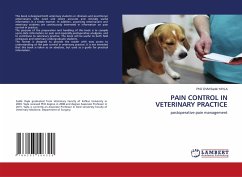If animals were just an organic machine capable of transmitting only electric signals and responding instinctively to them, we should only be concerned with pain in as much as it impacts on our safety or on the animals performance. But because evidence shows that this is not the case it seems clear that before studying pain evaluation and alleviation the basic question should be answered: why is it correct to control pain in animals? Although in most developed countries there is a strong feeling towards our moral obligation to control pain in animals, we are still far from implementing it due to cultural, practical and economic reasons. This will change and we have to use science to lead us in the more adequate path. This book addresses both ethical and scientific issues of controlling pain in farm animals. It is a very small step of a long way still to be fulfilled.
Bitte wählen Sie Ihr Anliegen aus.
Rechnungen
Retourenschein anfordern
Bestellstatus
Storno








